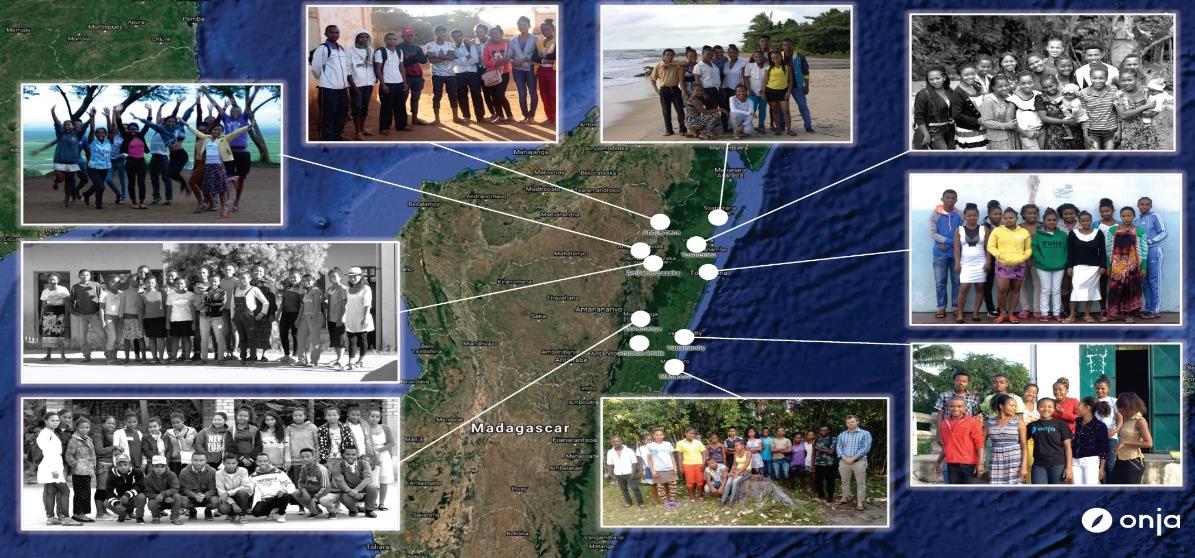
St Johns Rotary and The Rotary Foundation unlock the untapped potential of the poorest of the poor in this massive project.

The Rotary Club of St Johns is the International Club for this global grant . There was also support from other Clubs and with District Designated Funds (DDF) from D9920, D9940, D9970 and D9980. The amount received from Rotary International was $40335 USD and along with existing funds, this gave about $100,000 USD to cover 15 months of operations and to bring 30 students to English fluency. In the following 12 months students will study coding (computer programming) and later begin working, earning a life-changing income, and pay forward their opportunity for the next wave of talented students.
As part of preparation for this project over 1500 letters were sent to students in Madagascar's Toamasina region inviting them for an initial phone interview. More that 300 phone interviews were done to identify students for this educational opportunity. Following this a month was spent ’on the road’ to screen opportunity-poor, talent-rich students for their suitability to become great computer programmers.
The sleepless month on the road was spent conducting the final test sessions, examining and interviewing 132 top performing students who lacked an opportunity to continue their studies. Some students travelled for up to three days to attend the sessions. Their travel costs were reimbursed and an additional allowance made for food while they were travelling to make sure that it didn't cost them any-thing to attend the sessions. The team spent the month working tirelessly to keep to a fixed schedule and often having to sleep on the sometimes freezing concrete floors of the local classrooms that the Ministry of Education kindly provided as a place to stay.
Students were selected from thousands of their peers for academic excellence and top scores in coding aptitude exams - which were administered all over Toamasina (a province similar in size to Ireland). Despite their talent, these students can’t afford to continue studying and mostly work low-skilled jobs.
In September and October 2018, two 'coding and leadership' camps, with a total of 42 students participating. Students were very clearly captivated, inspired and all-in. That really set the tone of the camp which played out to be a fantastic learning experience for students and the Onja team alike!
The camps consisted of two parts: leadership and coding. The first was a gift to these students. The second was a chance to further assess student coding potential. The way it was explained to students, was that they we needed to check "They are suitable for coding, and coding is suitable for them" - after all it's not a career path meant for everyone.
Sam Lucas is leading the project and for more information on the progress and vision for this project go to www.onja.org.
Sam is sometimes asked why they go to such lengths to find students. He thinks it's a crucial part of their model. The better our students are, the better coders they'll become. With great coders our social enterprise will generate strong revenue and we'll be able to bring opportunity to many more students in future.
Article from the March 2019 edition of the District 9920 Foundation Newsletter